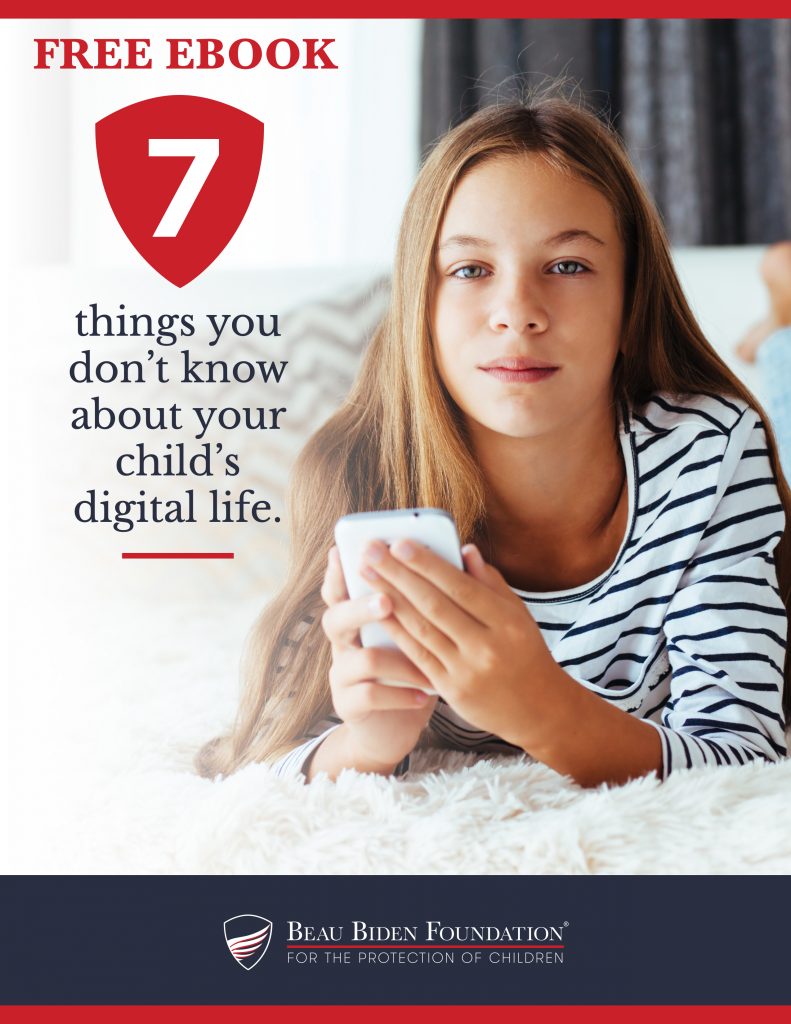Let me tell you about my friend Kevin’s* 7th-grade daughter – Stacy*. A few years ago, Stacy was showing Kevin a video she made on the app Music.ly® (now rebranded as TikTok®). Kevin noticed Stacy’s video had over 100 likes (called “hearts”).
“Stacy, who are these 100 people who liked this post? You don’t have 100 friends!”
Kevin went through her profile with Stacy and asked how she knew each person. Some were friends from school (that’s ok), some were siblings of friends from school (hmm…), some were friends of friends whom Stacy had never met. (“Houston, we have a problem.”)
The fact of the matter is this: children yearn for approval. They yearn for acceptance. No doubt you provide oodles of that at home; but online, kids want hearts and likes, shares and retweets. This is the currency of popularity.
One easy way to get more hearts and likes? More shares, more retweets, and more followers. (We’ll dive into another way, pushing the envelope with the content they post a bit later). Your kid’s account is private, you say? Do they have to approve all follower requests? Good, but are they discriminating between who they let in? Whose requests will they accept?
An account isn’t really “private” if every follower’s request is accepted, is it?
Here’s another thing to consider. Have you asked your child how many people they’ve shared their SnapChat® password with? A recent study showed 42% of children share their passwords with friends.
Children share passwords for a number of reasons. Some include building trust with a friend (remember the conversation you had with yourself before giving a key to your home to a neighbor?), keeping their “Snap-streak” alive on SnapChat, and earning rewards and badges on online games. Often, they may do this when their device has been taken away.
Is an account private if someone else has the password to it?
What’s the solution?
Well, as my friend Kevin did (a bit too late, truthfully), you need to regularly review all of your children’s friends and followers. Talk to your kids about the importance of keeping private things private. Give them examples – because clearly a lot of adults struggle to remember this. Remind them that there’s more to life than likes and followers.
Your Netflix® Password:
Does your child use your login and password to watch Netflix on their device? Have they shared that with a friend? Do you use that same login/ password combination for other accounts you have?

Seven Things You Don’t Know About Your Child’s Digital Life
Please click here to download our informative and FREE ebook.

